Cameroon
Five Chadian, Senegalese, Franco-Ivorian, and Cameroonian employees of NGO Doctors Without Borders (MSF) were released in Nigeria a month after their kidnapping by gunmen in northern Cameroon.
They were kidnapped on the night of February 24-25 in Fotokol, near the Nigerian border, a region where jihadist groups Boko Haram and Islamic State in West Africa (Iswap) regularly attack civilians and soldiers.
The former hostages have been "taken to a safe place," the NGO said in an email sent to AFP on Thursday, without revealing the circumstances of their release.
"We are happy to find our colleagues safe and sound," said Stephen Cornish, MSF's executive director.
The former hostages, a French-Ivorian, a Senegalese and a Chadian, as well as two Cameroonian security guards, were abducted by armed men who broke into the MSF home.
"There is no evidence to link this act to Boko Haram attacks. We don't know if it was a simple robbery gone wrong. A safe was opened," a Cameroonian local government official, who requested anonymity, told AFP at the time of the kidnapping.
Cameroonian authorities refer indiscriminately to Boko Haram as the Nigerian group of the same name or its breakaway Iswap branch, which has pledged allegiance to the EI. Fotokol is located near Lake Chad, a vast body of water and swampland that extends its shores into four countries: Chad, Niger, Cameroon and Nigeria. Boko Haram and Iswap have set up lairs in some of the countless islets dotted around the lake.
Jihadists
Jihadists regularly carry out attacks against the military and civilians in the four countries in this area. These attacks have increased in recent months as armed groups take advantage of their knowledge of the swampy terrain.
Iswap has consolidated its hold on these territories in recent months in the region after the death of Abubakar Shekau, the leader of Boko Haram, in fighting between the two rival groups.
The Boko Haram insurgency emerged in 2009 in Nigeria before spreading to neighboring countries. Since then, more than 36,000 people (mostly in Nigeria) have been killed, and 3 million have had to flee their homes, according to the UN.
Iswap, meanwhile, emerged in 2016 from a split in Boko Haram, for which it blames the killing of Muslim civilians, among other things.
In September 2019, six Cameroonian soldiers had been killed near Fotokol after Boko Haram attacked a military post. By August 2021, at least 26 Chadian soldiers had been killed in the Lake Chad region near the border with Cameroon by jihadists.
The activities of the two jihadist groups led the countries in the area to form a joint military force, the Mixed Multinational Force (MMF), which includes soldiers from Nigeria, Chad, Cameroon and Niger. Six soldiers of the MMF, four Nigerians and two Nigerians, died in December 2021 in the Lake Chad Basin during a sweep that also left 22 jihadists dead, according to authorities.



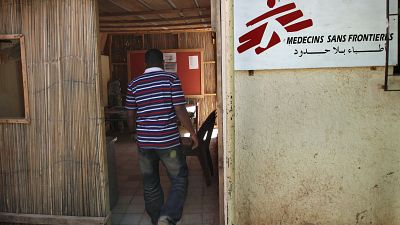

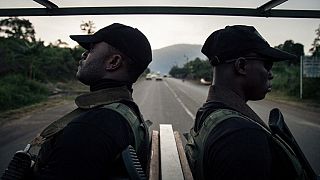
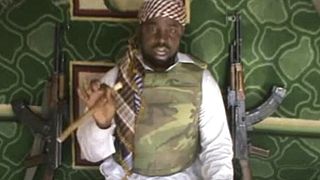

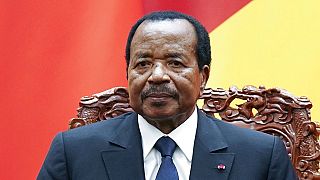


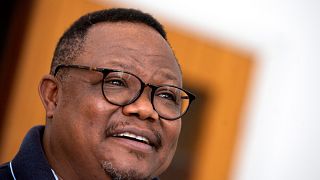
00:49
Teachers strike shuts down schools across Cameroon
Go to video
A US pastor abducted in South Africa has been rescued after a police shootout
Go to video
The Okwelians: Unlocking New Economic Paths for Cameroon [Business Africa]
Go to video
South African Woman on Trial for Kidnapping, Selling Daughter
02:04
Cameroon sugarcane strike turns violent over wages
11:03
Five years later, is the AfCFTA already failing? {Business Africa}